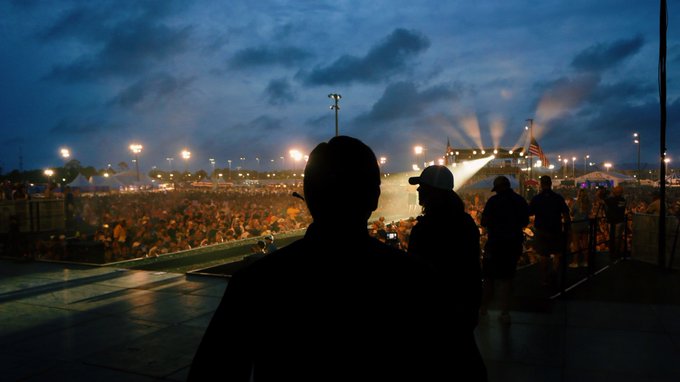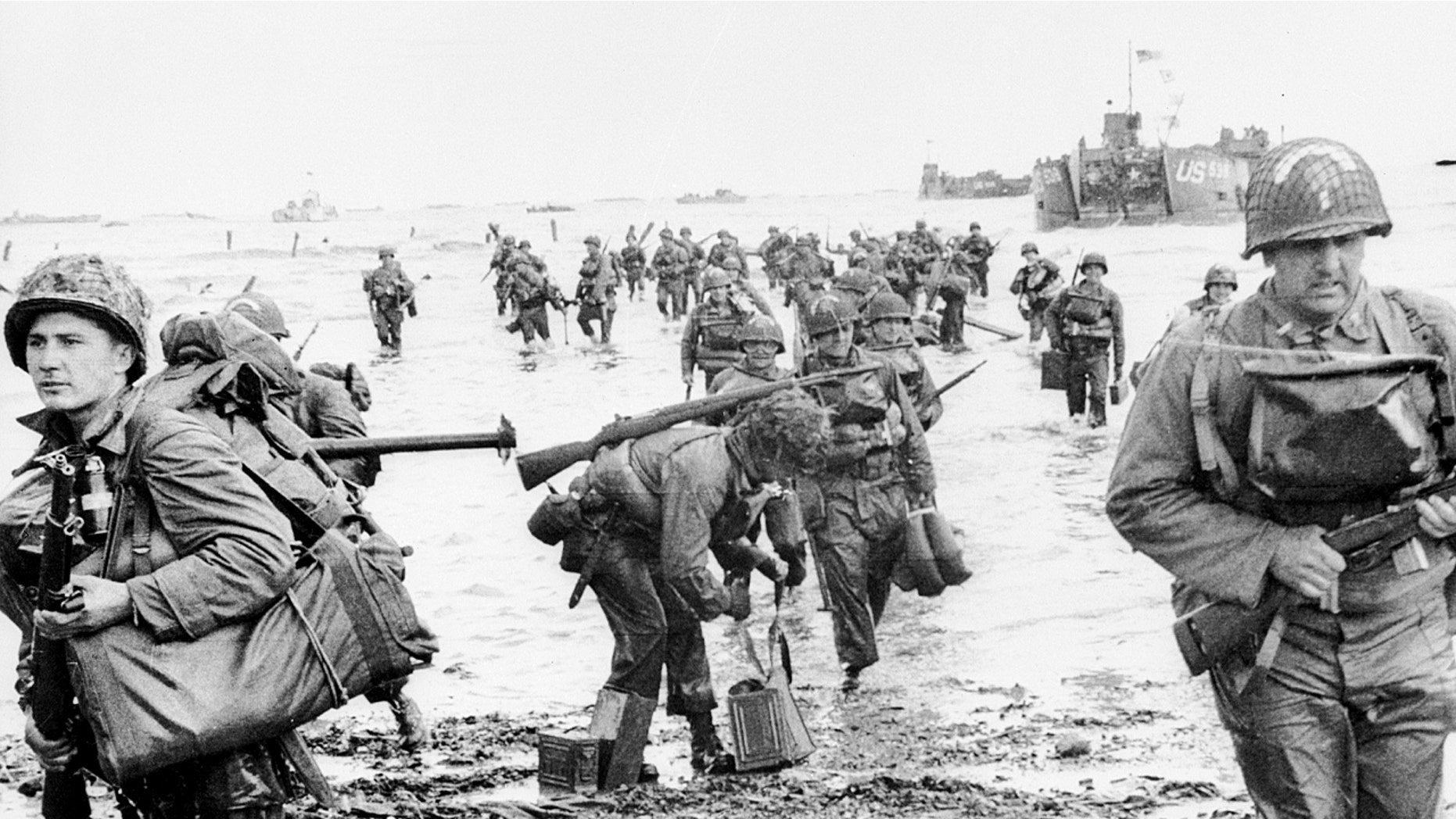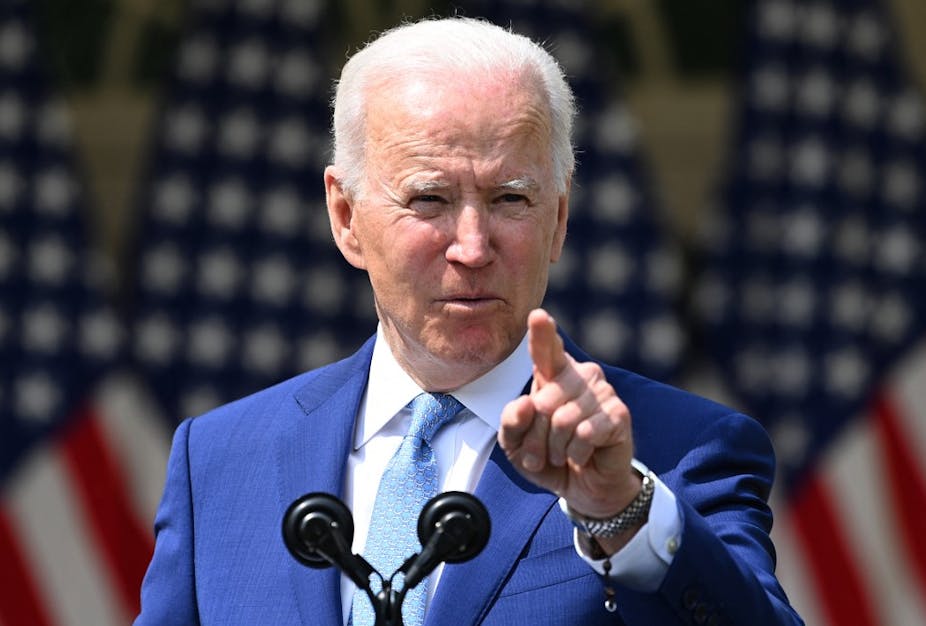Berg in The National Review
The Problem with a ‘Woke’ Military
A push for progressive policies in
the military bureaucracy threatens the unity and meritocracy that make
our armed forces effective.
I used to
belong to a war-fighting organization, where we were taught a shared
set of Army values. We were taught mission accomplishment before all
else, enforced by “mission first and people always.” Within the
Department of Defense (DoD) Diversity and Inclusion Strategic Plan we
are told that “diversity is a strategic imperative — critical to mission
readiness and accomplishment.” We are also told,
by Defense Secretary Lloyd Austin, that it must be a priority for the
military “to look like America and not only in the ranks, but our
leadership should look like America.” On the surface, this sounds okay.
But it flips what had long been a soldier’s commitment to the Army and
mission: The new priority turns the Army into a social experiment at the
cost of mission readiness. The new push within the DoD for diversity,
equity, and inclusion (DEI) goes well beyond measures to ensure equal
opportunity and instead looks to create preferences that have nothing to
do with merit. Our military will suffer if it does not change course.
Believing that the Army should be and has been the best example of a
meritocracy in the history of the world has become a forbidden position.
The only acceptable position now is full acceptance of all elements of
DEI. Examples abound, from the more benign recent recruiting messages
depicting cartoon stories — one of an “activist” soldier — all the way
to creating a new permanent DEI infrastructure to push policies in line
with critical race theory. That I am not allowed to openly hold the
position that war-fighting and combat readiness should be the Army’s top
priority, while being force-fed a radical DEI agenda, demonstrates the
open erosion of mission-first principles within the military.
This is a real and serious change, and politician veterans such as Senator Tom Cotton and Representative Dan Crenshaw
are right to be worried about it. The Army used to be a values-based
organization focused on mission accomplishment above all else. These
values were drilled into every soldier during initial entry training and
reinforced at unit level. This was done through two long-standing Army
traditions, an inability to spell and the overwhelming need to make
everything an acronym. So we settled on LDRSHIP (pronounced
“leadership”): loyalty, duty, respect, selfless service, honor,
integrity, and personal courage. These values were all pitched toward
the idea of leaving your past behind, as you had become part of an
organization with a larger purpose. Diversity is not our strength; our
shared values and singularity of purpose toward mission accomplishment
is our strength. In fact, to “fight and win our nation’s wars,” we need
conformity toward the mission-first mindset. We were taught that what
came before the Army did not matter. All that matters was how you form a
team to accomplish a wide range of demanding mission sets.
The Army does not exist to care for soldiers. Soldiers should not
join the Army to be cared for by the Army. It is called “service” for a
reason, and military members are still the most respected profession in
the country because of the acknowledgment of the sacrifices required for
service. Soldiers enter the Army fully understanding the individual
sacrifices required for service. While individual welfare is important,
it is secondary to mission accomplishment.
By definition, the Army is not inclusive. You can be excluded from
service for a wide range of reasons, many (though not all) of which are
out of the control of the potential recruit. We have all heard that over
70 percent
of our youth are not qualified for military service, because we are
exclusively looking for people who can meet the physical and
physiological demands of service. If Austin really wanted a military
that “look[ed] like America,” he would have to abandon such requirements
entirely. Now of course, military exclusivity should be directly
related to one’s ability or inability to perform the role one is
potentially being recruited for. But to say that DEI policies are always
strategic imperatives, without offering any evidence as to why, is
simply fantasy.
It is true that recruiting from a broad breadth of society will
strengthen the military, by ensuring the whole of the country is vested
in defense of the nation. However, the idea that celebrating and
promoting “diversity and inclusion” — emphasizing things such as race,
religion, gender, or other non-merit-based traits instead of focusing on
common culture and combat readiness — enhances the Army lacks evidence.
In fact, DEI should not be used in any decisions within military
manning or policy after initial recruitment. Attempting to highlight
these external “traits” as bearing weight in making decisions for
assignments, policy, or training ignores what the real strength of the
military is. Unity of purpose and a shared set of core military values
of individual merit is what binds us, not lumping people into
“diversity” buckets.
Instead of focusing on war-fighting principles and shared values, the
Army has decided to engage in a constant bombardment in the name of
equity, from rolling out ill-conceived training on everything from
unconscious bias to critical race theory and standing up DEI offices at
every level. The Special Operations Command Diversity and Inclusion
Strategic Plan 2021 outlines what the rest of the force can expect:
“Establish corporate diversity and inclusion infrastructure throughout
the enterprise . . . to build a permanent framework for sustained,
meaningful efforts.” The idea is to create a new permanent bureaucracy
to enforce “equity” regardless of merit. The document even boasts, under
best practices, that they have added “unconscious bias [training and] .
. . diversity and inclusion modules to its Executive Training with the
goal of advancing and messaging diversity and inclusion.”
The Army People Strategy from September 2020 has an entire annex
dedicated to “diversity, equity, and inclusion.” This document calls for
the creation of permanent organizations with the following as an
ultimate goal: “Army resources all DEI agencies and staff to levels that
allow continuous monitoring, assessing, and updating of DEI policies,
programs, and procedures which seek to prevent biases against any
Soldier or Civilian.” In other words, you will comply or else, and
diversity is a strategic imperative because we say so. “The Army . . .
must also understand how to communicate why DEI is critical to the success of the Army profession and how to appreciate, leverage, and integrate principles of DEI into all aspects of its operations.” (Emphasis added.)
I fully expect to see DEI officers at every level — who will operate
outside of the command they are there to “support” — to ensure that
quotas are met and that radicalized, race-based training is conducted.
The strategy states that it is imperative to “ensure DEI principles and
policies are integrated into the Army Campaign Plan, Army People
Strategy, and Army talent-management processes for all military and
civilian personnel.” In other words, goals and targets will be met
regardless of the effect on the fighting force, and the new DEI
bureaucracy will be there to ensure your compliance. It goes on to say
that the Army will “establish and implement procedures for achieving desired Army diversity outcomes
through diversity policy and talent management principles and
practices.” (Emphasis added.) Let there be no doubt, this is well beyond
equal opportunity: This is race- and sex-based preferences.
Military skills are unique, so your past experiences lend you little
aid. The military truly is a humbling experience to all. It forces
people to either rise to the occasion or fall by the wayside, neither of
which has anything to do with race, sex, or other immutable (but
superfluous) traits. The only way to succeed is to conform to the
military team mindset and judge those around you by how they contribute
to the team and mission, while rejecting those who refuse to honor the
military values and individual merit. To remain the fighting force this
country needs, military leaders should discard this nonsense that the
military is systemically oppressive and requires DEI-based correction.
They should instead highlight the military as the example where your
past does not matter, but only your willingness to work toward a common
mission does. Show the military for what it is: an organization in which
our unity and our values are our strength.
These DEI efforts are not designed to unite us but instead look to
create a permanent structure to ensure that “woke” policies are enforced
throughout the Army, with little or no thought given to mission
priorities. I have yet to see a single document about DEI that makes a
creditable case that DEI efforts are designed foremost with mission
accomplishment in mind. These new DEI policies and offices are not
designed to unite us. Indeed, they go well beyond a simple distraction
from mission priorities. They are being pushed as the priority.
Bring back war-fighting and mission-first mindset as our priorities.
After all, it is only the defense of the free world at stake.
https://www.nationalreview.com/2021/06/the-problem-with-a-woke-military/














